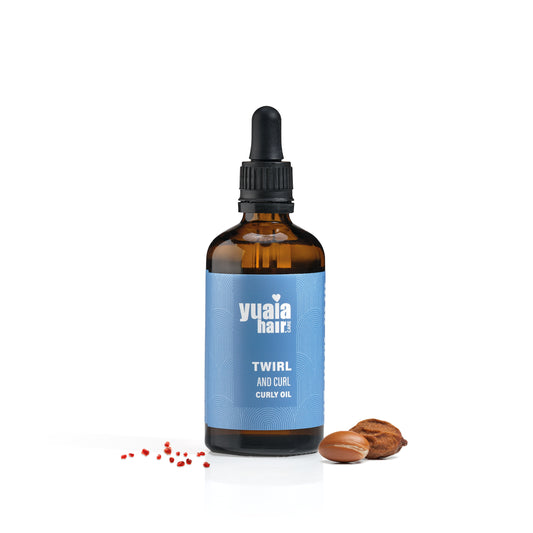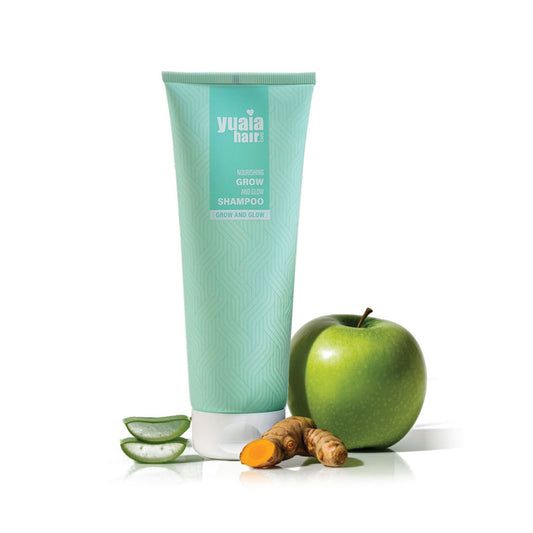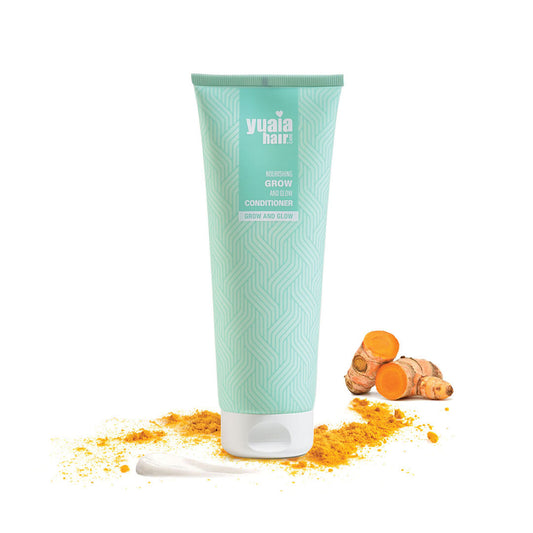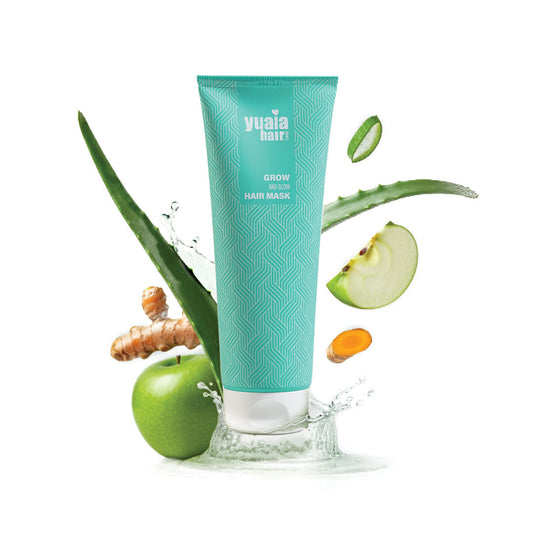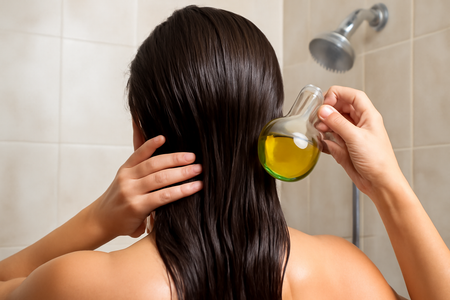
Olive oil—benefits and limits
Olive oil is widely recognized for its emollient and conditioning properties, which can provide a protective coating on hair to minimize moisture loss. This can lead to enhanced shine and softness, making it a popular choice for many. Additionally, olive oil is rich in antioxidants, which can help protect hair from environmental damage and improve the look of split ends. However, its suitability for low porosity hair is less straightforward:
- Weight and buildup: Olive oil is a heavier oil that tends to sit on the surface of low porosity hair, leading to potential buildup and a weighed-down appearance. This can make hair less responsive to styling and may require more frequent washing to remove excess residue.
- Growth evidence: While olive oil is often associated with promoting hair growth, the evidence supporting this claim is largely anecdotal or based on animal studies. There is no conclusive human evidence that olive oil can directly stimulate hair growth.
For those with low porosity hair, it's important to use olive oil sparingly and consider techniques that enhance absorption, such as applying it to damp hair and using heat to help it penetrate more effectively.
Best oils for low porosity hair
When it comes to low porosity hair, opting for lighter oils that are more easily absorbed can be beneficial. Here are some of the best options:
- Jojoba oil: Known for its lightweight nature, jojoba oil closely mimics the natural oils produced by the scalp, making it an excellent choice for low porosity hair. It absorbs quickly without leaving a greasy residue.
- Grapeseed oil: This oil is fast-absorbing and provides a non-greasy finish, making it ideal for those looking to avoid the heaviness associated with olive oil.
- Argan oil: With its nourishing properties and lightweight feel, argan oil can help enhance softness and manageability without causing buildup.
- Sweet almond oil: This oil offers benefits for enhancing hair softness and is less likely to cause buildup, making it suitable for low porosity hair.
In comparison to olive oil, these lighter oils are generally more compatible with low porosity hair, offering effective conditioning without the risk of weighing hair down.
If you still want to use olive oil
If you prefer to use olive oil despite its limitations, consider these application techniques to minimize potential drawbacks:
- Pre-poo treatment: Apply olive oil as a pre-shampoo treatment to protect the hair from the drying effects of shampooing. This can help to reduce buildup since the oil is washed out during the cleansing process.
- Apply on damp hair: Using olive oil on damp hair can improve its absorption, as the water helps to open the cuticles slightly, allowing for better penetration.
- Incorporate heat: Using a heat source, such as a warm towel or a hair steamer, can help olive oil penetrate low porosity hair more effectively, reducing the risk of surface buildup.
- Micro-doses on ends: Applying a small amount of olive oil to the ends of the hair can provide targeted conditioning without overwhelming the entire head of hair.
To prevent buildup, it's advisable to use olive oil sparingly and incorporate regular clarifying treatments to maintain hair health.
Yuaia picks for low porosity
For those with low porosity hair, choosing the right products can make all the difference. At Yuaia Haircare, we offer a range of products specifically made for low porosity hair. Our Grow and Glow Shampoo is sulfate-free and silicone-free, perfect for maintaining hair health without causing buildup. Additionally, our lightweight conditioners and oils, featuring ingredients like jojoba and grapeseed, are ideal for daily use.
For those seeking deeper conditioning, consider our heat-aided masks, which are made for better penetration and nourishment. By selecting products that cater specifically to low porosity hair, you can enhance your hair care routine and achieve healthier-looking hair.
Frequently asked questions
Does olive oil penetrate low porosity hair?
Olive oil primarily coats the hair rather than penetrating it. However, using heat can help improve its absorption into low porosity hair.
Can olive oil grow hair?
There is no proven human evidence that olive oil directly stimulates hair growth. Its primary benefits are conditioning and reducing breakage, which can help maintain healthier hair.
What oils won’t cause buildup on low porosity hair?
Jojoba, grapeseed, argan, and sweet almond oils are recommended for their lightweight properties, making them less likely to cause buildup on low porosity hair.
 2-5 day delivery
2-5 day delivery
 25.000+ satisfied customers
25.000+ satisfied customers
 Satisfaction Guarantee
Satisfaction Guarantee



















